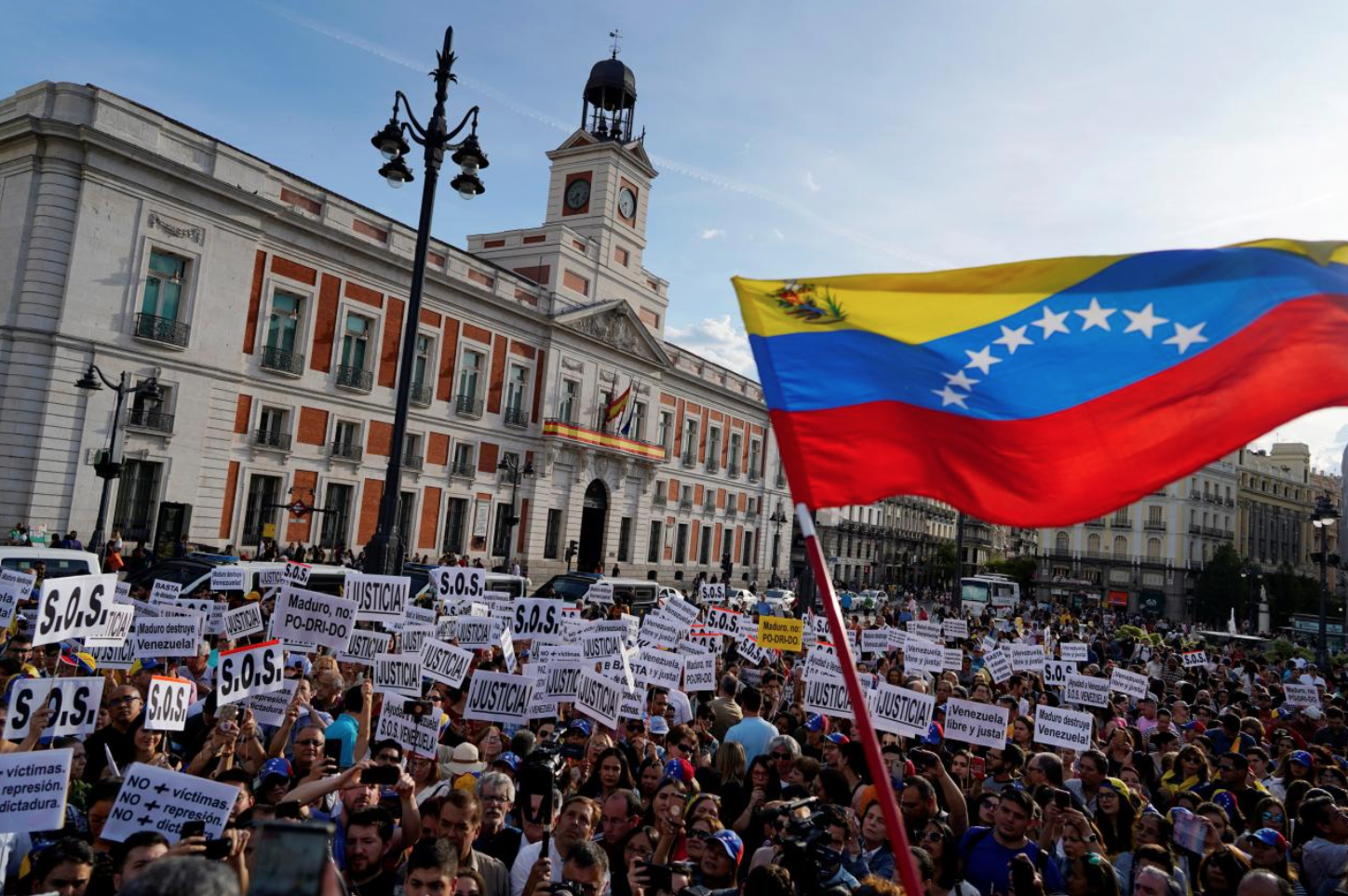“I do not live in Brazil, but I am still a Brazilian citizen”; “Voting is mandatory, but it is also a right” were some of the reactions of Brazilians who, when asked on the networks, defended the right to electoral participation, even if they live abroad. There are currently 696,000 Brazilians registered to vote in a foreign land, which represents 0.45% of the Brazilian electorate, composed of 156.5 million people. In the presidential elections run-off, Luiz Inácio Lula da Silva (PT) was also elected president by Brazilians voting abroad: Lula obtained 51.28% (152,905 votes) of the valid votes, compared to 48.72% (145,264 votes) of the candidate Jair Bolsonaro (PL).
The political participation of emigrants goes far beyond voting abroad. Emigrating due to a lack of opportunities or due to economic and political crises in the countries of origin could suggest a lack of interest, on the part of migrants, in participating in the political leadership of these countries. However, according to reflections on diaspora and transnationalism by authors such as Guarnizo, Portes, and Tarrow, many migrants maintain their political participation in their countries of origin through actions that can range from sending remittances, periodic visits to invest in companies, philanthropic works and organizations of cultural events, to direct intervention in the political and electoral processes of these countries. This participation does not exclude immigrant nationalists who seek to mobilize diaspora discourses to destabilize or overthrow the governments of the countries of origin, as in the case of the Croatians in Canada, the Irish in Boston, and the Kurds in Germany.
During the dictatorship in Brazil in the 1970s, the transnational solidarity networks that formed around Brazilians exiled from the dictatorship contributed to the transnationalization of the struggle against military rule abroad and in Brazil. Through the production of print media, the exiles disseminated denunciations of the dictatorship with the aim of raising public awareness in Brazil, gaining support for their political struggle, and damaging the image of the Brazilian military regime overseas.
Brazilian exiles contributed with denunciations, information, and the organization of political actions. They acted anonymously so as not to violate international legislation on refuge, which determines that actions or statements that may affect the government and security of the country of origin must be avoided, under the penalty of losing refugee status or being expelled from the host country. In addition, the political actions of Brazilian political exiles were important for the insertion of issues such as feminism, democracy, and, especially, amnesty, into the agenda of Brazilian left-wing militants.
Since the 1990s, the processes of digitalization of communication and the popularization of the Internet have reordered the political action of global resistance movements and social and cultural collectives, including migrant collectives. The use of digital technologies has allowed migrants to expand and intensify their interconnections, as well as the articulation of political actions between countries of origin and destination. In this sense, in the research I conducted on the activism of Brazilian immigrants against the impeachment of President Dilma Rousseff in the city of Barcelona, it was possible to observe that the political action of immigrants followed similar agendas to those in Brazil, especially in terms of the effort to consolidate and at the same time translate to the Spanish and European contexts, the conception of impeachment as a political, legal and media coup, and above all to give visibility to this narrative in the media and other Spanish and European social and institutional spaces.
In destination countries, immigrants have also mobilized in defense of the exercise of their political rights in their countries of origin, such as the right to vote. The Marea Granate collective, created from the growth of the Spanish diaspora caused by the economic and political crisis of 2008, has established itself as a transnational and non-partisan movement formed by Spanish emigrants living in different countries. The collective has led, especially through digital activism, political mobilizations, such as those related to the #VotoRogado and #RescataMiVoto campaigns, which culminated, in 2021, with the repeal of the so-called “voto rogado” (the “stolen vote”) within the framework of the new electoral legislation approved by the Congress of Deputies.
In the city of São Paulo, the activism of Bolivian immigrants promoted political actions through street occupation and digital spaces to denounce the coup d’état in Bolivia that, in 2019, ousted former president Evo Morales and installed the illegitimate government of Jeanine Áñez. Through a series of mobilizations, Bolivian migrants demanded new elections in Bolivia, as well as the preservation of the right to vote abroad, threatened by the Áñez government.The political participation of migrants can also extend to their insertion in institutional political spaces through candidacies for parliamentary positions in the countries of destination where they also act to include in the public debate and give visibility to agendas of interest to their countries of origin. Brazilian activist Maria Dantas, elected in 2019 to the Spanish parliament for the Esquerra Republicana de Catalunya (ERC) Party, was one of the most active politicians in denouncing and resisting the Bolsonaro government within the Spanish and European parliaments.
*Translated from Spanish by Janaína Ruviaro da Silva











